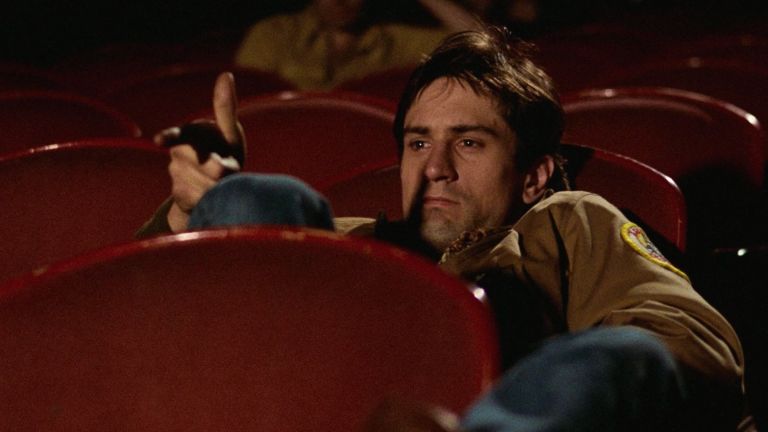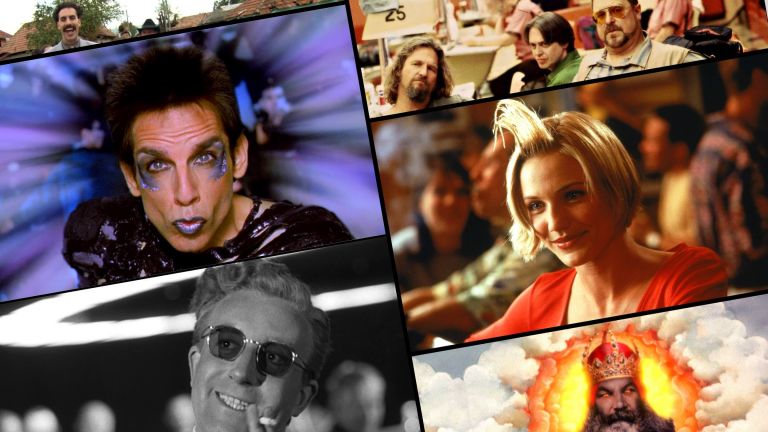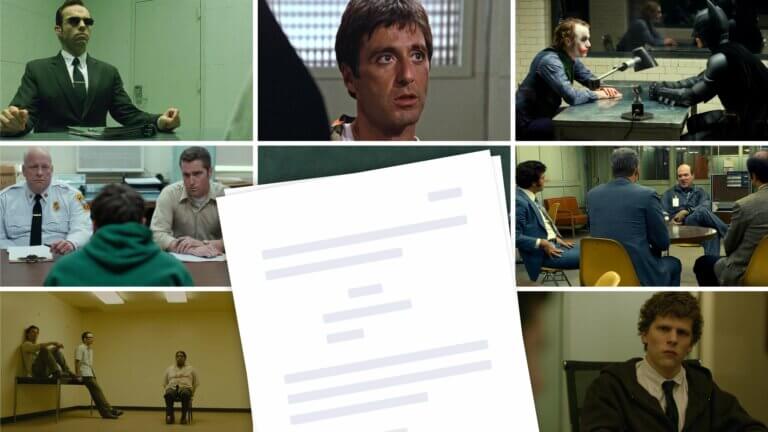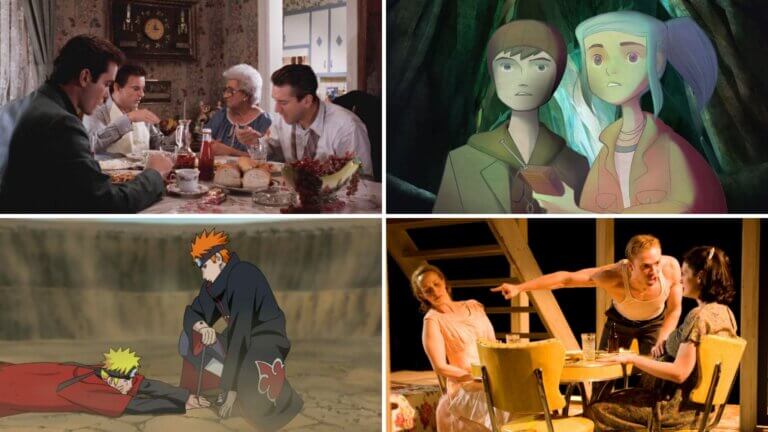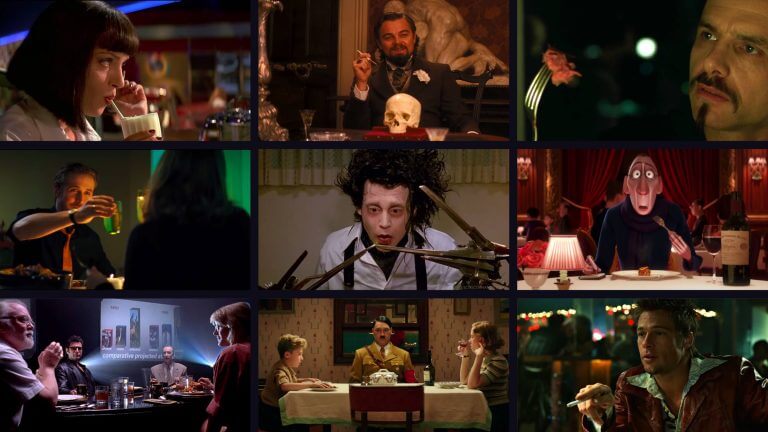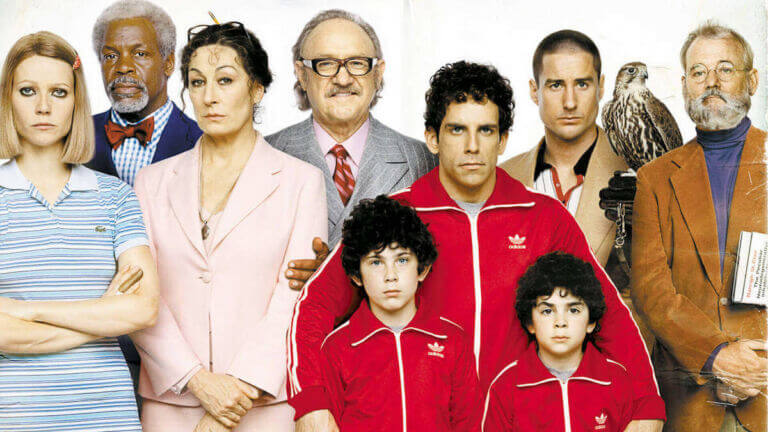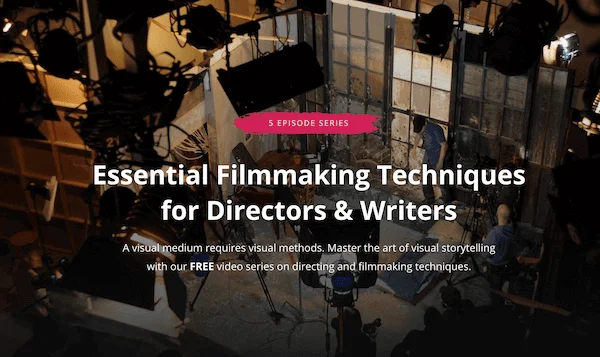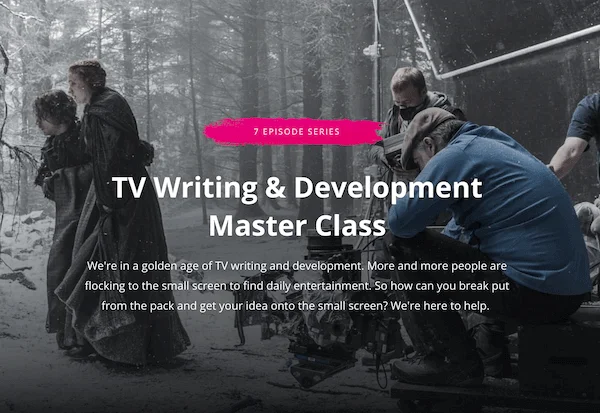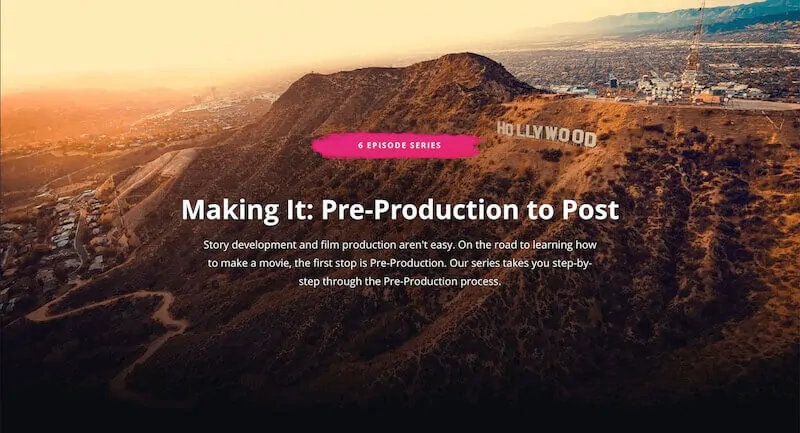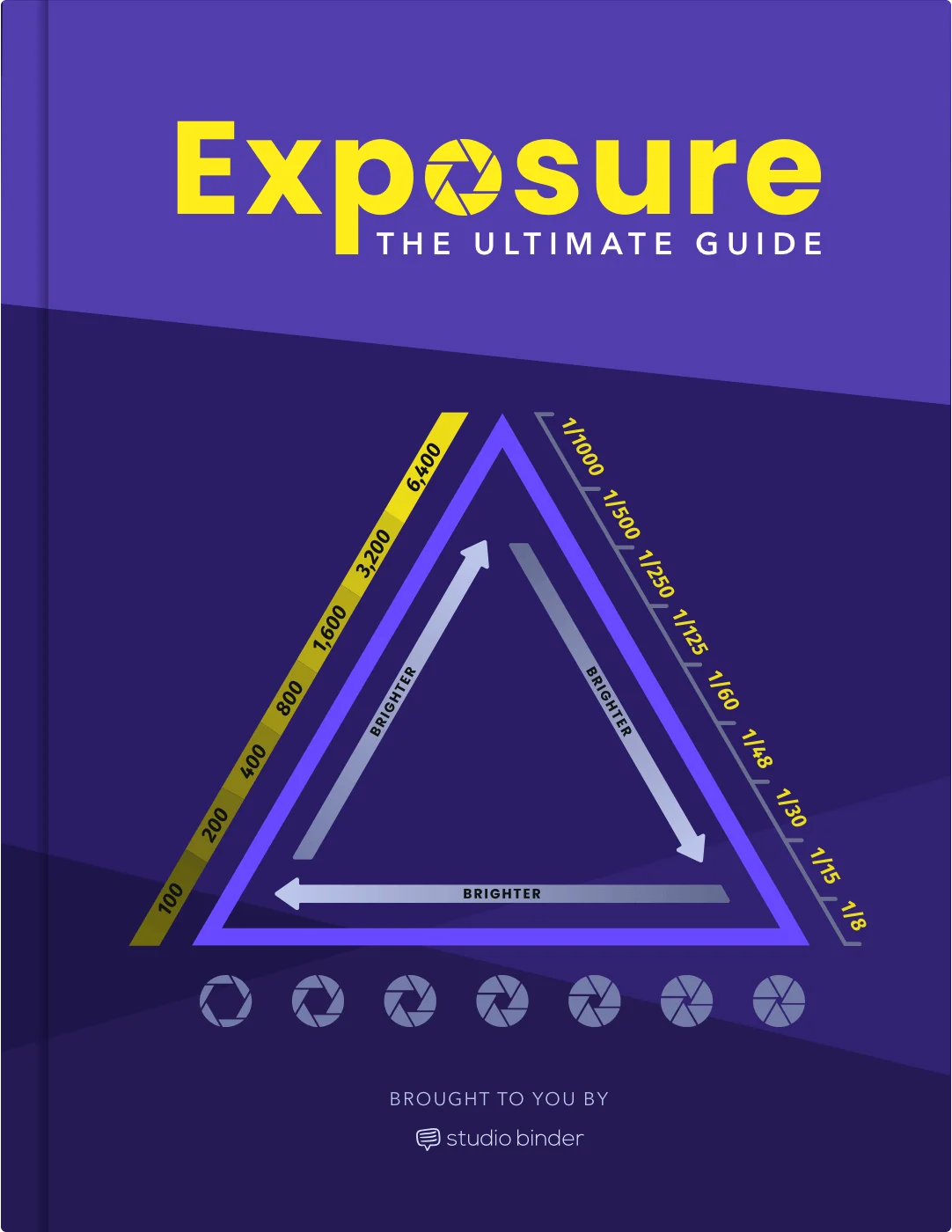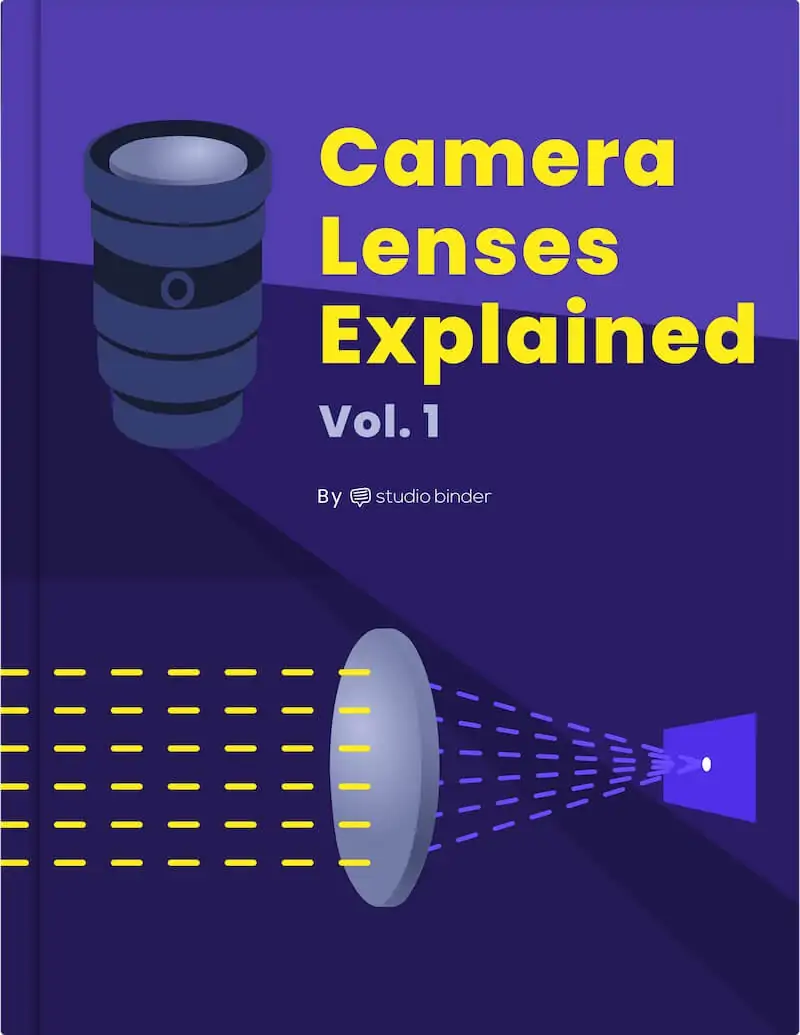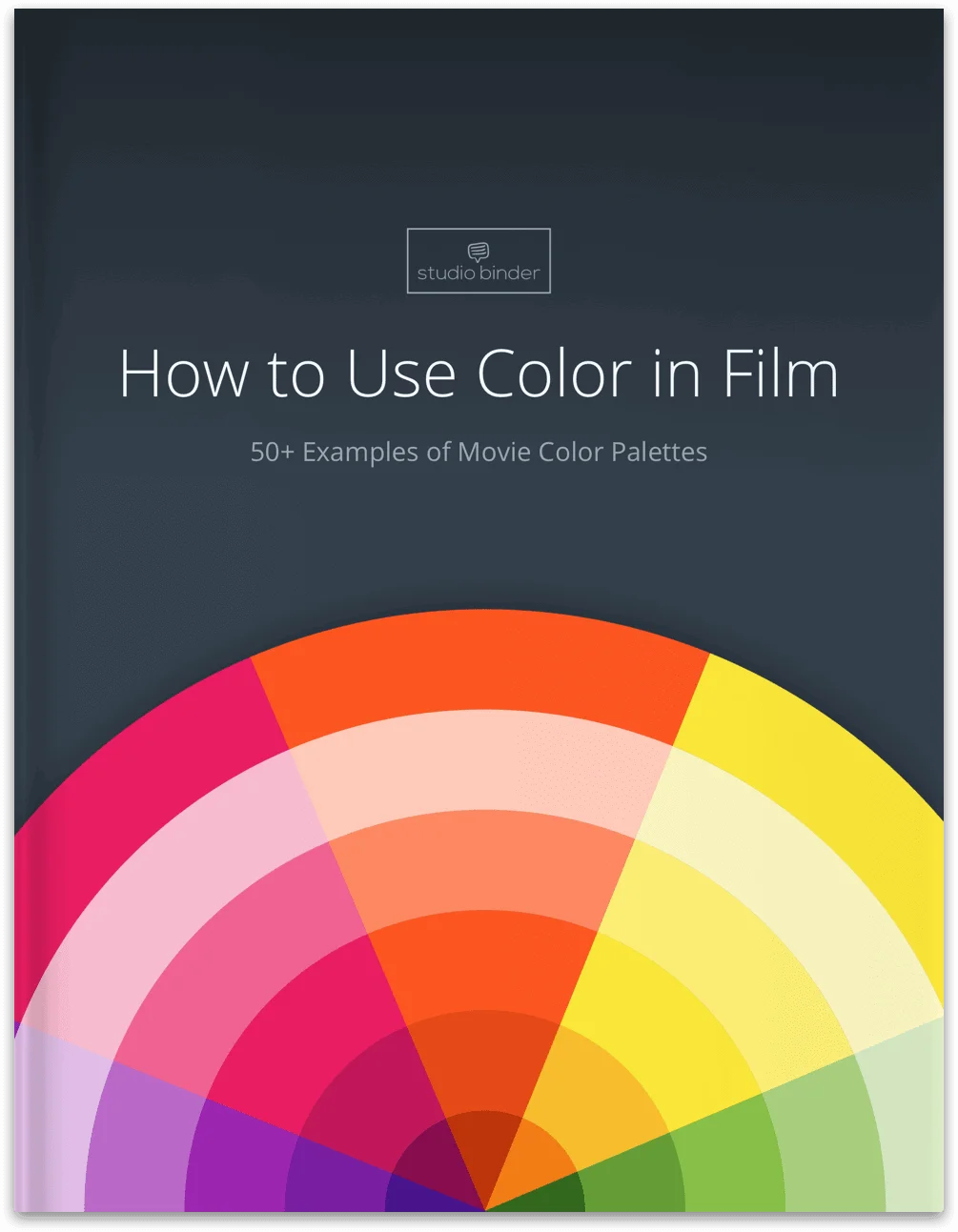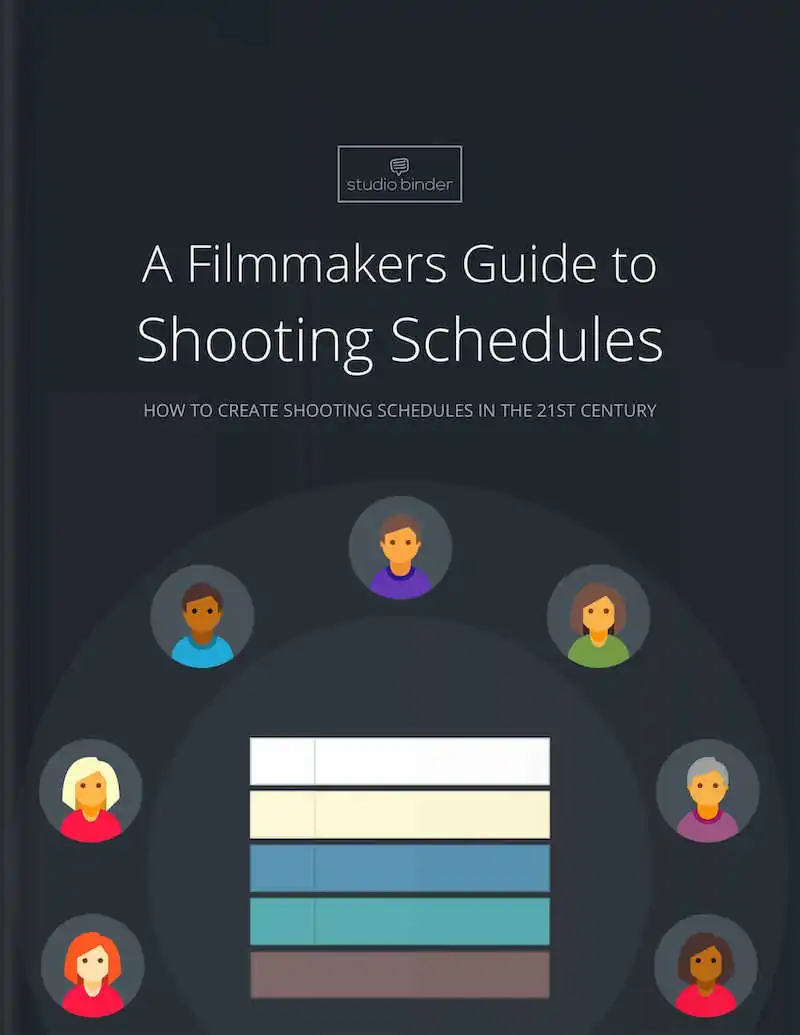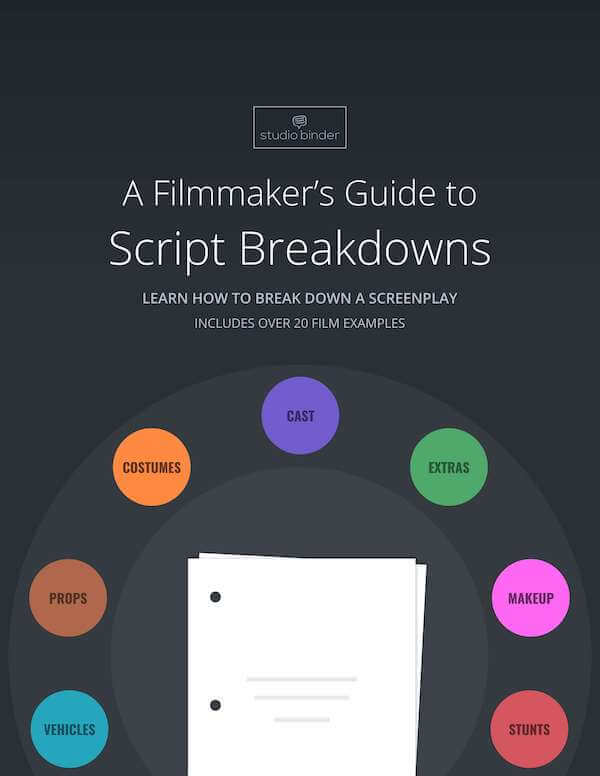Often regarded as one of the worlds greatest actors, Robert De Niro is also one of the most prolific. According to IMDB, De Niro has acting credits in 120 different productions! Within those 120 performances are some of cinema’s finest. In this list, we’re going to rank the top Robert De Niro movies, and the impact they’ve had on film. Continue reading The Tough Guy — 20 Best Robert De Niro Movies
Inductive reasoning and deductive reasoning represent two polar approaches to critical reasoning. But what is the difference between inductive and deductive reasoning? We’re going to break down inductive vs deductive reasoning by looking at their definitions as well as some examples. By the end, you’ll know how inductive and deductive reasoning are used, and how to implement them in your own writing.Continue reading Inductive vs Deductive Reasoning — Differences & Usages
This guide dives into the best comedy movies of all time, from timeless classics to hidden gems and fresh hits, celebrating their ability to make us laugh while standing the test of time. But what separates a funny movie from a truly great comedy? Humor is subjective—what makes a baby cackle in Albuquerque might fall flat in Ouagadougou. Many writers aim for broad appeal, but comedy thrives on specificity, using situation, dialogue, and performance to turn the ordinary upside down for gut-busting laughs. So, whether you’re a writer, filmmaker, or comedy lover, explore our list of the greatest comedies ever…
Interrogation scenes are some of the most utilized scenes in all of screenwriting – but how does one write an interrogation scene? Fret not, we’re going to show you how to write an interrogation scene by looking at examples from Prisoners, Shrek, and more. We’re also going to show you how to format your interrogation scene! By the end, you’ll know a variety of creative and technical strategies for how to write an interrogation scene.Continue reading How to Write an Interrogation Scene — Guide for Screenwriters
Dramatic irony is one of the three main types of irony. Like verbal and situational irony, dramatic irony is an integral element of storytelling. The power a writer or director can yield with a firm grasp of dramatic irony is huge. But what is dramatic irony and how does it work?In this article, we’re going to define dramatic irony. We will also discuss the stages of dramatic irony and a subtype called tragic irony. By the end, you'll know how to implement dramatic irony in your own works.Continue reading What is Dramatic Irony? Definition and Examples
Dialogue, or a conversation between two or more people, is something that dominates just about every work of fiction. So, why is dialogue so hard to write? We’re going to explore the nature of dialogue by breaking down a series of dialogue examples, from literature to games. Hopefully, by the end, you’ll know how a breadth of mediums tackle the indomitable task of writing dialogue. Continue reading Dialogue Examples — Film, TV, Theatre, Fiction & Video Games
Ask any creative writer what the hardest genre to write is and they’ll probably tell you that it’s comedy. That’s because story structure can only bring you so far in comedy writing – the fact of the matter is that if you aren’t funny, you aren’t funny. So how do you become funny? Do you read joke books? No! Like everything else, you practice until you become perfect – well, not perfect per se – most comedy writers would be happy with just okay. We’re going to show you how to write comedy, with script examples from 21 Jump Street…
The dinner scene. We’re all familiar with an awkward dinner, but some films elevate this mundane practice into pure art. Screenwriting is all about writing what you know, and these writers knew the dinner table was an ideal place for horror, dramatic irony, and comedy. These are the best dinner scenes in movies of all time.Continue reading Best Dinner Scenes in Movies and Why They Work
The 2000s were a weird time for cinema -- kind of sandwiched in between the indie 90’s scene and the blockbuster 2010’s scene. But there are so many great movies that came out between 2000 and 2009, that we thought it would be interesting to look back at what made them so great. So without further ado, this is our list of the best movies of the 2000s.Continue reading Best Movies of the 2000s — The Entire Decade Ranked
